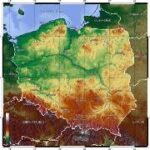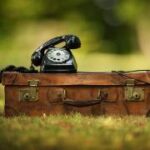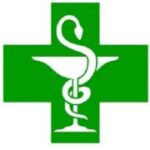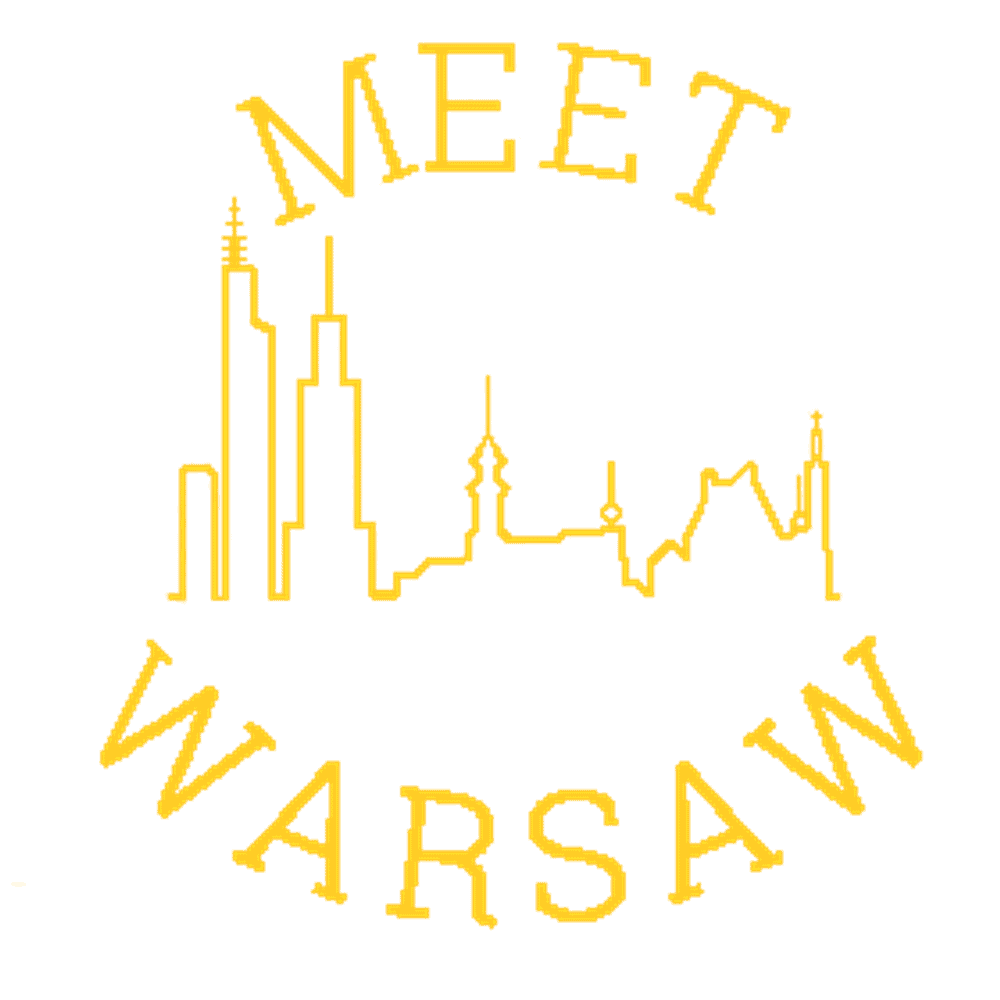Frequency asked questions before travelling to Poland

Is it very cold in Poland?
Poland has a moderate climate with warm (sometimes even very hot up to 30°C/86° F) summers (June-August), sunny and colorful autumns (September-November). And cold and sometimes snowy winters (with temperatures up to-30°C /-22°F from December till February). Rain falls throughout the year regardless the season.
What time is it in Poland?
There is only one time zone in the whole country – Central European Time Zone: GMT +1. Summertime starts from the last Sunday in March (GMT+2) and wintertime from the last Sunday in October (GMT+1)
When are Polish public holidays?
1st January – New Year’s Day (Nowy Rok)
6th January – Epiphany (Trzech Króli)
Easter Sunday (moveable feast between 22nd March and 25th April) – Wielkanoc
Easter Monday (moveable feast, Monday following Easter Sunday) – Poniedziałek Wielkanocny
1st May – Labour Day (Święto Pracy)
3rd May – Constitution Day (Święto Konstytucji Trzeciego Maja)
Corpus Christi (moveable feast, 9th Thursday after Easter Sunday) – Boże Ciało
15th August – Assumption of the Blessed Virgin Mary (Wniebowzięcie NMP)
1st November – All Saints’ Day (Wszystkich Świętych)
11th November – Independence Day (Dzień Niepodległości)
25th December – Christmas Day (Boże Narodzenie)
26th December – Boxing Day (Drugi dzień Bożego Narodzenia)
Remember! – In these days most shops are closed and you should always check if tourist facilities are open.

Is there any prohibition of drinking alcohol and smoking in Poland?
It is forbidden to drink alcohol in public places (parks, squares, streets, etc.) except in designated areas, such as summer gardens of restaurants, pubs and Vistula boulevards.
Smoking is banned in public places like railway stations, restaurants and bar (except designated rooms), public transport (bus/tram/metro stops), stores and shopping centers, museums, cinemas and theatres.
Failure to comply with these rules may result in a fine.
Do Poles speak English?
Younger generation of Poles is able to communicate in English without any problems. Elderly people would find it easier to speak Russian or German.
Where is my Embassy in Poland?
Most embassies are in Warsaw. A current and complete list of Embassies (find Polish inscription „Misje dyplomatyczne”and download pdf file)

Is Poland in euro zone?
Poland is NOT a member of the euro zone, but you can easily exchange euro or the most common foreign currencies to the local Polish currency.
What is the currency in Poland?
Our official currency is złoty (PLN, zł).
1 złoty (1zł) = 100 groszy (100gr)
Notes in circulation: 500, 200, 100, 50, 20 and 10
Coins in circulation:1zł, 2zł, 5zł and 1gr, 2gr, 5gr, 10gr, 20gr, 50gr
Can I use a credit card or traveller’s check?
Payment cards (including credit cards and debit cards) are widely accepted and very popular.
The most popular ones are Visa and MasterCard. Beware that American Express and Diners may not be supported.
You may also have problems with cashing traveller’s checks even in a bank. It’s not a commonly accepted form of payment and the shops are unwilling to accept them.

Where can I exchange money?
Currency exchange is named KANTOR in Polish . Some are open 24/7. They do not accept traveller’s checks.
The official current exchange rate of the Polish zloty is set by National Bank of Poland
What are banks opening hours?
In general banks are open Mon-Fri 10am-4/5pm, but you should check that beforehand. Some of them offer money exchange and money transfers.
Do you have ATMs in Poland?
Yes, ATMs operate 24 hours a day. They are located near banks and in the most busy locations. Beware of additional cost related to cash withdrawals.

What is an emergency phone in Poland?
112 is the European emergency phone number
Available everywhere in the EU, free of charge. You can call 112 from landline and mobile phones to contact any emergency service: an ambulance, the fire brigade or the police.
What is the phone code for Poland?
The international code for Poland is (00)48 and every district has its own local two-digit number.
Polish mobile number has the country code (0048) and then 9 digits, the landline phone – country code (0048) and a local code (eg. 22 for Warsaw) and 7 digits.
What is the voltage and do I need an adapter/converter to charge my phone?
Electricity – 230 volts ac, 50 Hz. European plugs with two round pins are standard.
Electrical equipment of 110 Volts / 60 Hz requires the use of an adapter or a voltage converter.

What about medical appointments?
The best option for foreign travellers (non-Polish citizens) is a travel health insurance. If you have it, just follow your insurance company instructions.
You will always get help in a life-threatening situation – just call 112 for an ambulance or go to the nearest hospital.
How much does a GP/dentist appointment cost in Poland?
You can have a GP/dentist appointment at any private clinic. The cost starts from 200 PLN/app. Ask for an English-speaking doctor.

What can I buy in Polish pharmacy?
In a pharmacy you can buy medicine on prescription and over-the-counter drugs like some pain killers, Aspirin, ointments for injuries, bandages, dressing patch, some herbs or sore throat tablets.
Every pharmacy is branded with a green cross and an inscription 'APTEKA’ on it.
Do I need a prescription for my medicines?
Some meds are on prescription only. If you run out of your medicine, ask at the pharmacy if it is on prescription. If possible, the pharmacist will suggest you a non-prescription replacement. Otherwise you will have to make a GP appointment. Prescriptions from abroad are not accepted.

What are shopping hours in Poland?
In general opening hours of shops are: Mon-Fri 10am – 6pm/8pm (groceries from 7am), Sat 10am-14pm. On Sundays most shops are closed. Some night shops are open 24/7. Hipermarkets are usually open daily 7am-9pm.
Can I buy a tax-free in Poland?
Yes, if you are not from EU you may apply to receive full reimbursement of tax for goods purchased in Poland – for a sum minimum 300 PLN paid on one bill and in a shop with a sign „TAX free”. You must inform the salesperson of that before paying and fill in a special form. You must present the form with the bill at customs office when leaving the EU zone.

What to eat in Poland?
Potatoes and pork are the most popular ingredients in Polish cuisine. We also love soups and know a huge variety of them.
The main meal of the day is dinner eaten during lunch time, with a soup as a first meal and a portion of meat with vegetables and potatoes or rice at a second one. Dinner is usually served with a dessert (cake/pudding/ice-cream/fruit) and a cup of tea or fruit juice.
At the beginning of the meal Poles traditionally wish each other SMACZNEGO -„smatchnego” (which means Bon appetit/Enjoy your meal), and at the end we say DZIĘKUJĘ „jehnkooyeh” (meaning Thank you).
What are traditional Polish dishes?
Some typical Polish dishes are: broth soup, beet-root soup, rye soup, pierogi (sometimes translated as dumplings), bigos, poppy seed cake and compote. Want to know more? Check Warsaw is foodies friendly
You will also find there typical dishes for Warsaw cuisine with the best candy ever – Panska skorka.
Haven’t found answer to your question? Check WARSAW-FAQ
